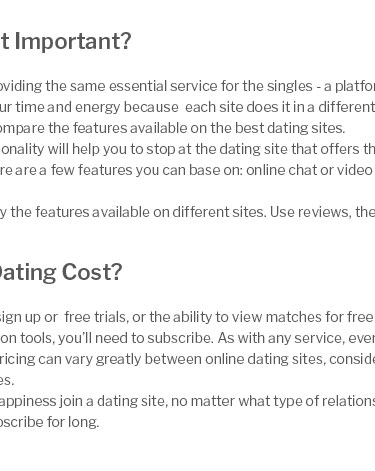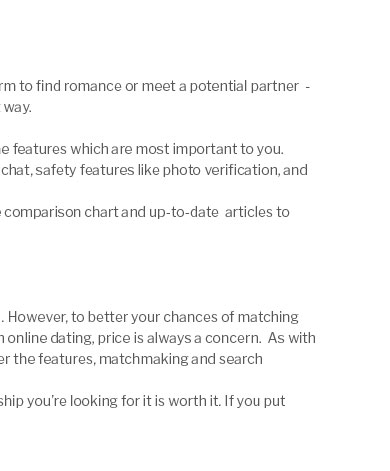want to have an affair: motives, risks, and alternativesUnderstanding the urgeFeeling drawn toward someone outside your relationship can signal unmet needs, curiosity, or conflict avoidance. Desire is not destiny; it is a message to interpret with care. - Novelty seeking and excitement
- Craving validation or attention
- Emotional or physical distance at home
- Personal identity exploration
- Stress relief through distraction
Self-inquiry prompts- What need am I trying to meet?
- What outcomes would I accept or reject?
- Which values matter most in this choice?
- What boundaries protect everyone involved?
Clarity precedes choice. Risks, impacts, and ethicsAn affair rarely affects only two people. It can reshape trust, self-image, and community ties, and it may carry legal and financial implications depending on jurisdiction and relationship agreements. - Emotional fallout: betrayal, guilt, anxiety
- Trust erosion and relational instability
- Reputation and social consequences
- Financial strain through separation processes
- Health risks without safer-sex practices
- Workplace complications and policy violations
Consent-centered alternatives- Honest conversations about needs and boundaries
- Couples or individual counseling
- Mutually agreed open relationship frameworks with clear consent
- Separation if values and goals are incompatible
Secrecy magnifies harm. Digital myths and realitiesOnline spaces can create a false sense of anonymity. Profiles, messages, and images can be copied, tracked, or exposed, and manipulative actors exploit this terrain. Some people search for resources such as where to find an affair, yet many overlook the emotional, legal, and safety trade-offs that accompany clandestine connections. - Scams and impersonation are common
- Digital footprints can be recovered
- Coercion and blackmail are real risks
- Consent, verification, and safety must be nonnegotiable
Safety and privacy basics- Protect identifying details and never share sensitive credentials
- Practice enthusiastic, ongoing consent for all interactions
- Use safer-sex methods and discuss testing and boundaries
- Avoid mixing personal, family, and professional spheres
Consent is nonnegotiable. If you still intend to proceedConsider the least harmful path. Avoid involving people who believe they are in exclusive arrangements unless you intend to renegotiate with honesty. - Set clear expectations, boundaries, and a respectful exit plan
- Do not involve coworkers, clients, or anyone you supervise
- Decline secrecy that endangers others or invites coercion
- Keep decisions free from substances and pressure
- Use safer-sex practices and discuss health proactively
- Maintain access to mental health support
Some attempt meeting strangers through unconventional marketplaces, including mentions of hooking up on offerup; such routes can expose you to scams, extortion, and personal risk. Communication paths that reduce damageWith yourself- Name the core need and the fear beneath it
- List the best and worst plausible outcomes
With your partner- Describe needs without blame; ask, do not accuse
- Propose concrete changes and boundaries
With a professional- Seek neutral guidance to map options
- Build skills for repair, rupture, or respectful separation
Own your choices. Care for all parties. FAQIs it normal to want to have an affair?Many people experience attraction outside their relationship. The feeling itself is common; acting on it carries consequences. Treat the urge as data about unmet needs, not as a command. How can I address the urge without cheating?Identify the need (novelty, intimacy, validation), share it candidly with your partner, and consider counseling. Explore mutually agreed changes, date nights with intention, or consent-based open frameworks if both partners truly agree. If alignment is impossible, separation may be the least harmful option. What are the main risks if an affair is discovered?Expect damaged trust, potential breakup, social fallout, financial strain, and emotional distress for multiple people. There may also be workplace and legal implications depending on context. Health risks arise if safer-sex practices are ignored. Does ethical nonmonogamy prevent harm?Ethical nonmonogamy depends on informed, enthusiastic consent, transparent boundaries, and ongoing communication. It reduces deception but still requires skills, agreements, and care for all parties. It is not a shortcut and does not fit every couple. How can I protect privacy and safety if I meet new people?Verify identities, avoid sharing sensitive information, meet in public places, inform a trusted person of your plans, and use safer-sex methods. Be alert to scams, coercion, and extortion. If secrecy forces you into risky behavior, reconsider the plan.

|




















